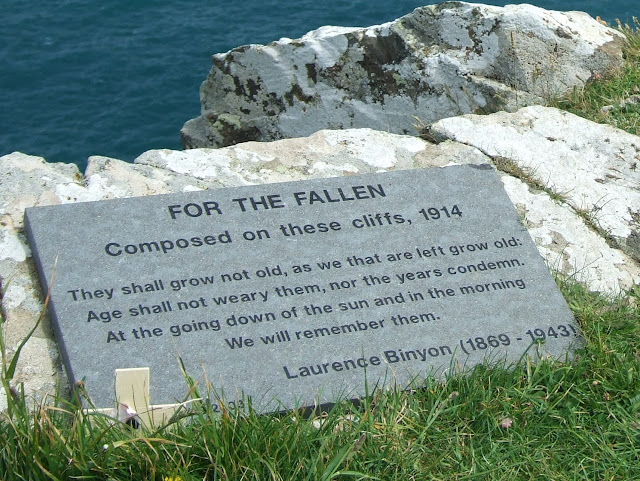Monday music spot: "I'm a Believer" song The Monkees
Another song from the Monkees TV show which became a huge hit five decades ago (and had another burst of popularity a little more recently courtesy of Shrek and Donkey ...)
Christopher Whiteside MBE is a Conservative activist. He was Conservative candidate for Leeds North East in the 2024 General election He has served as a County, City & District, Borough, Town and Parish councillor, and has also been a school governor and health authority member. He lives and works in the North of England, particularly spending time in Leeds where he works, other parts of Yorkshire, and Cumbria.





